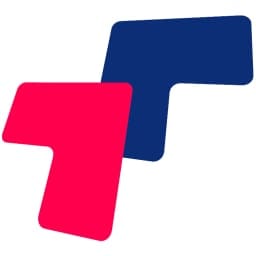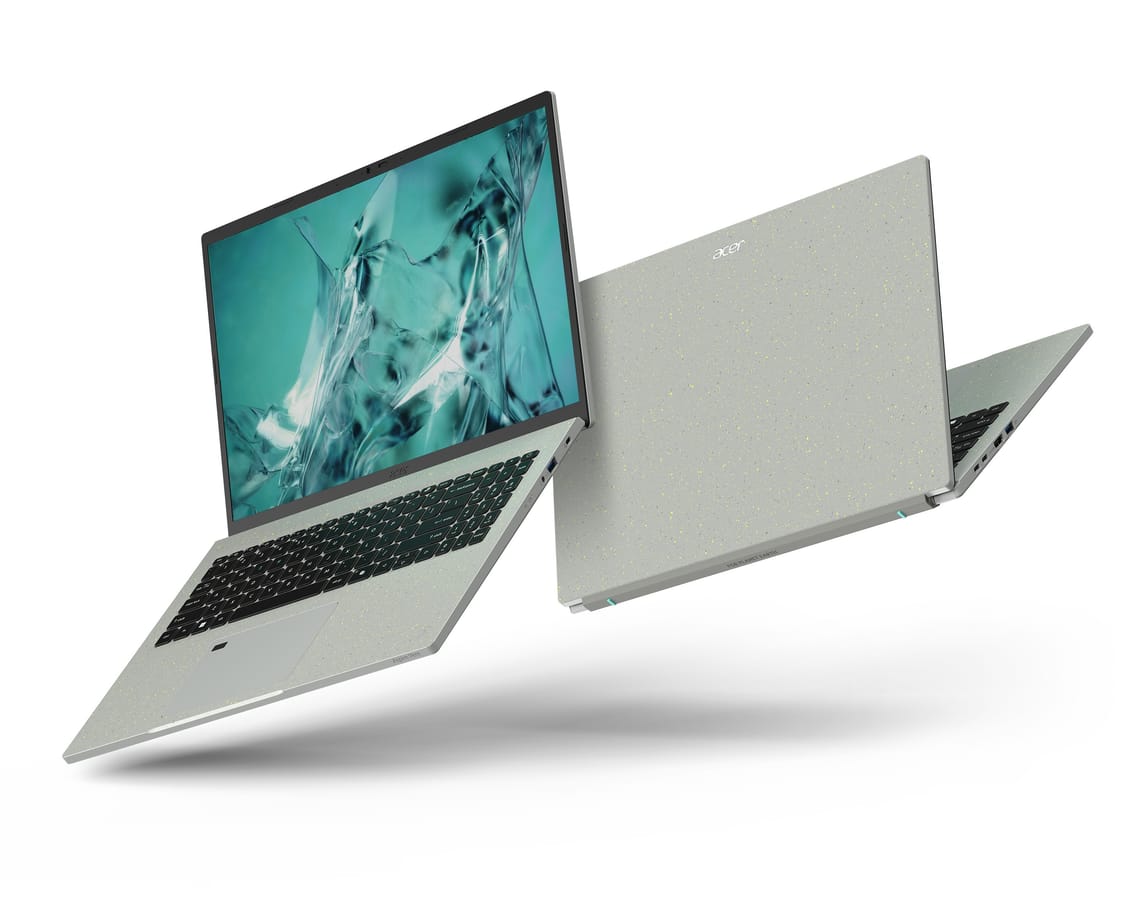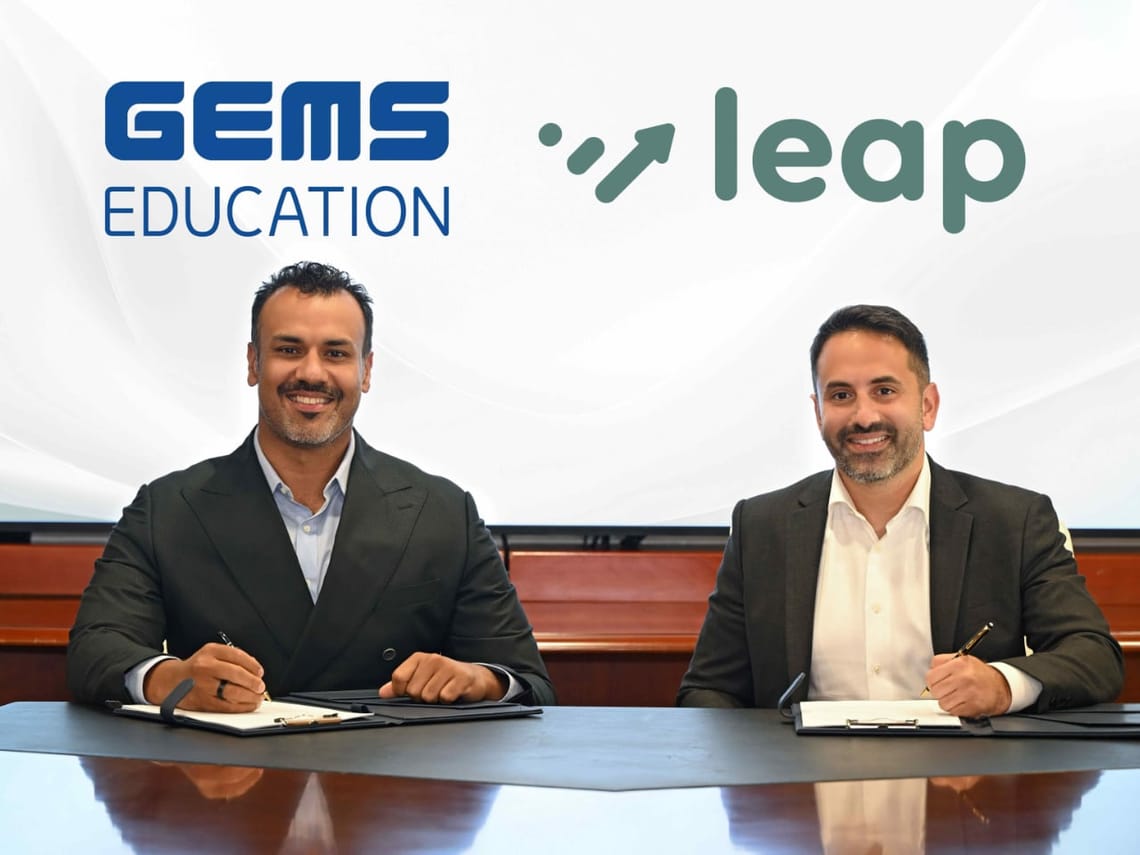Hub71 and the UAE–India CEPA Council have signed a strategic partnership that turns the UAE–India Comprehensive Economic Partnership Agreement (CEPA) from a policy document into a working route for founders.
In practical terms, selected Indian startups from the UAE–India Start-Up Series will get structured support to enter, test and scale in Abu Dhabi through Hub71’s Immersion and Access programmes. On the other side, there is now a framework to refer promising companies between Abu Dhabi and India with actual help, not just handshakes and photo ops.
For founders, the message is simple: if you are building in sectors like FinTech, HealthTech, AgriTech, mobility or advanced tech in India and eyeing the Gulf, Abu Dhabi is laying out a clearer path to get in.
- Hub71 has signed a strategic partnership with the UAE–India CEPA Council to turn policy into a real startup corridor between Abu Dhabi and India.
- Five winners from the UAE–India Start-Up Series will join Hub71’s new Immersion Programme in 2026, with one of them moving into the more advanced Access Programme.
- The deal promises “two-way soft-landing” support for startups, with help on company setup, regulation, mentors and investor access in both Abu Dhabi and India.
- Sectors in focus include FinTech, HealthTech, AgriTech, mobility and advanced tech, matching Abu Dhabi’s existing priorities.
- The partnership builds on Hub71’s push to become a regional launchpad, alongside its AI-heavy cohorts and sector gateways already running in Abu Dhabi.
How the Hub71–CEPA partnership actually works
This is not just another MoU. It comes with specific pipes for startups to move through.
- Hub71 and the UAE–India CEPA Council will run a two-way “soft-landing” and scale-up pathway.
- Five winning startups from the UAE–India Start-Up Series will join Hub71’s Immersion Programme in 2026.
- One of those five will be upgraded into the Hub71 Access Programme for deeper integration into Abu Dhabi’s ecosystem.
- Startups get curated knowledge sessions, mentorship and direct exposure to Abu Dhabi’s tech network.
Under CEPA, both governments agreed to push trade and innovation. This partnership is the “implementation” bit for startups. Hub71 becomes the operational home for selected Indian founders when they touch down in Abu Dhabi, starting with a virtual onboarding to get market-ready, then in-person time on the ground. The Immersion Programme does the early legwork; Access takes one startup further into pilots, customers and long-term growth in the region.
What Indian startups actually get in Abu Dhabi
For founders, the useful part is the support stack.
- Structured market-entry support into Abu Dhabi via the Immersion Programme.
- A guided soft-landing through the Access Programme for one selected startup.
- Help across company setup, regulatory navigation and introductions to investors and partners.
- Exposure to Abu Dhabi’s sector-focused tech agenda, from FinTech and HealthTech to mobility and AgriTech.
The five winning startups from the UAE–India Start-Up Series will be onboarded into Hub71’s Immersion Programme, which blends virtual onboarding with on-the-ground sessions in Abu Dhabi. That means founders can prepare from India, then hit the ground with a clear schedule of mentors, ecosystem players and potential customers.
From that group, one Indian startup will move into Hub71’s Access Programme, which is where things get more serious: soft-landing support, structured engagement with key stakeholders, and a clearer path to long-term expansion in the UAE and wider region. If you want a feel for what Access looks like in practice, it is the same on-ramp Hub71 now uses to route smart mobility startups into Abu Dhabi’s SAVI cluster. You can see how that plays out in our earlier breakdown of the SAVI gateway here: Abu Dhabi Just Gave Mobility Startups a Fast Lane. Here’s How to Get In.
The role of the UAE–India CEPA Council
The UAE–India CEPA Council (UICC) sits on the policy and relationship side of this bridge.
- UICC is a bilateral platform set up to execute the UAE–India CEPA’s goals on trade, investment and innovation.
- It runs the UAE–India Start-Up Series as a flagship programme to surface high-potential Indian startups.
- The Series has already attracted over 10,000 applications across India since June 2025.
- UICC and Hub71 will now cross-refer high-impact startups in both directions.
By tying its flagship Start-Up Series to Hub71, the CEPA Council is plugging a talent pipeline directly into Abu Dhabi’s ecosystem. The Council does the sourcing and selection across India; Hub71 handles the market entry and scale-up once those startups are ready to test the UAE.
The partnership also sets up a referral loop: UICC can send Indian startups to Abu Dhabi, and Hub71 can point relevant UAE-based founders back into India. Both sides commit to help with company setup, regulation, mentors and investor access. Grants and incentive schemes may be on the table for eligible startups, turning CEPA from a high-level trade deal into something founders can actually use.
Why this matters for founders in India and the UAE
On both sides, there is clear demand. On India’s side, the Start-Up Series pulling in over 10,000 applications says enough. On the UAE side, Abu Dhabi wants more high-growth teams in priority sectors.
- Strong demand: 10,000+ Indian startups have already applied for the UAE–India Start-Up Series.
- Sector match: many applicants line up with Hub71’s focus areas, including FinTech, HealthTech, AgriTech, mobility and advanced tech.
- Policy to practice: CEPA’s “innovation agenda” now has a working route for real companies, not just frameworks.
- Two-way value: both economies gain from new jobs, investment flows and technology transfer.
If you zoom out, this move also fits a wider pattern. Hub71 has been scaling up its own programmes and sector plays in 2025, from a heavily AI-focused Cohort 17 to early-stage support through its Initiate programme. For context on how that looks in Abu Dhabi already, read our coverage of Hub71’s AI-heavy startup cohort and the launch of Initiate for early-stage founders.
This new tie-up with the UAE–India CEPA Council simply widens the funnel. Instead of waiting for Indian founders to stumble into Abu Dhabi on their own, the city is building a guided route that starts in New Delhi, runs through the Start-Up Series, and ends in a structured programme at Hub71.
Building a real UAE–India startup corridor
Plenty of events claim to “build bridges”. This one comes with a corridor and signposts.
- A clear journey: Start-Up Series → Hub71 Immersion → Hub71 Access → Abu Dhabi scale-up.
- A two-way framework for referrals between UICC and Hub71.
- Support bundles that cover regulation, company setup, market access and capital introductions.
- A wider mission to turn Abu Dhabi into a launchpad for international growth under CEPA.
For founders, the main upside is predictability. Instead of guessing who to email or where to land, selected startups know which programmes they will join and what support is available from day one in Abu Dhabi. For both governments, the upside is measurable: you can track how many startups move, how many jobs are created and how much investment flows through the corridor.
As more cohorts come through, expect to see this UAE–India link show up not just in venture deals, but in the kind of applied tech we are already seeing across Abu Dhabi’s AI, mobility and fintech stacks.
FAQs
What is the Hub71 and UAE–India CEPA Council partnership about?
It is a strategic partnership between Hub71 in Abu Dhabi and the UAE–India CEPA Council to turn the UAE–India trade deal into a functioning startup corridor. Selected Indian startups get structured support to enter, validate and scale in Abu Dhabi through Hub71’s Immersion and Access programmes, while a shared framework allows both sides to refer high-potential startups and support their landing in either market.
How many startups will benefit from the Start-Up Series and Hub71 tie-up?
Five winning startups from the UAE–India Start-Up Series will join Hub71’s Immersion Programme in 2026. From those five, one will be chosen for the more advanced Access Programme, which offers deeper integration into Abu Dhabi’s tech ecosystem. Over time, more startups could be referred in both directions under the broader framework agreed between Hub71 and the CEPA Council.
Which sectors are in focus for this UAE–India startup corridor?
The partnership lines up with Hub71’s priority sectors and the strengths of India’s startup scene. Expect a lot of interest in FinTech, HealthTech, AgriTech, mobility and advanced technologies. These areas already match Abu Dhabi’s wider tech agenda and the kind of startups Hub71 has been backing in its recent cohorts.
What kind of support do startups get when they land in Abu Dhabi?
Startups referred through this partnership can access soft-landing support that covers company setup, regulatory facilitation, mentorship and market access. Through Hub71’s Immersion and Access programmes, founders can join curated knowledge sessions, connect with investors and partners, and identify practical routes to pilots and long-term growth in Abu Dhabi and the wider region. Some eligible startups may also be considered for grants and incentive schemes.
How does this benefit the wider UAE and India economies?
For India, the corridor gives high-potential founders a direct route into the Gulf, with stronger access to capital, new customers and regional markets. For the UAE, it deepens the pipeline of tech startups across key sectors and supports job creation, investment flows and technology transfer. In short, it turns the UAE–India CEPA’s innovation goals into measurable outcomes across both economies, rather than leaving them as policy statements.
Subscribe to our newsletter to get the latest updates and news

















Member discussion